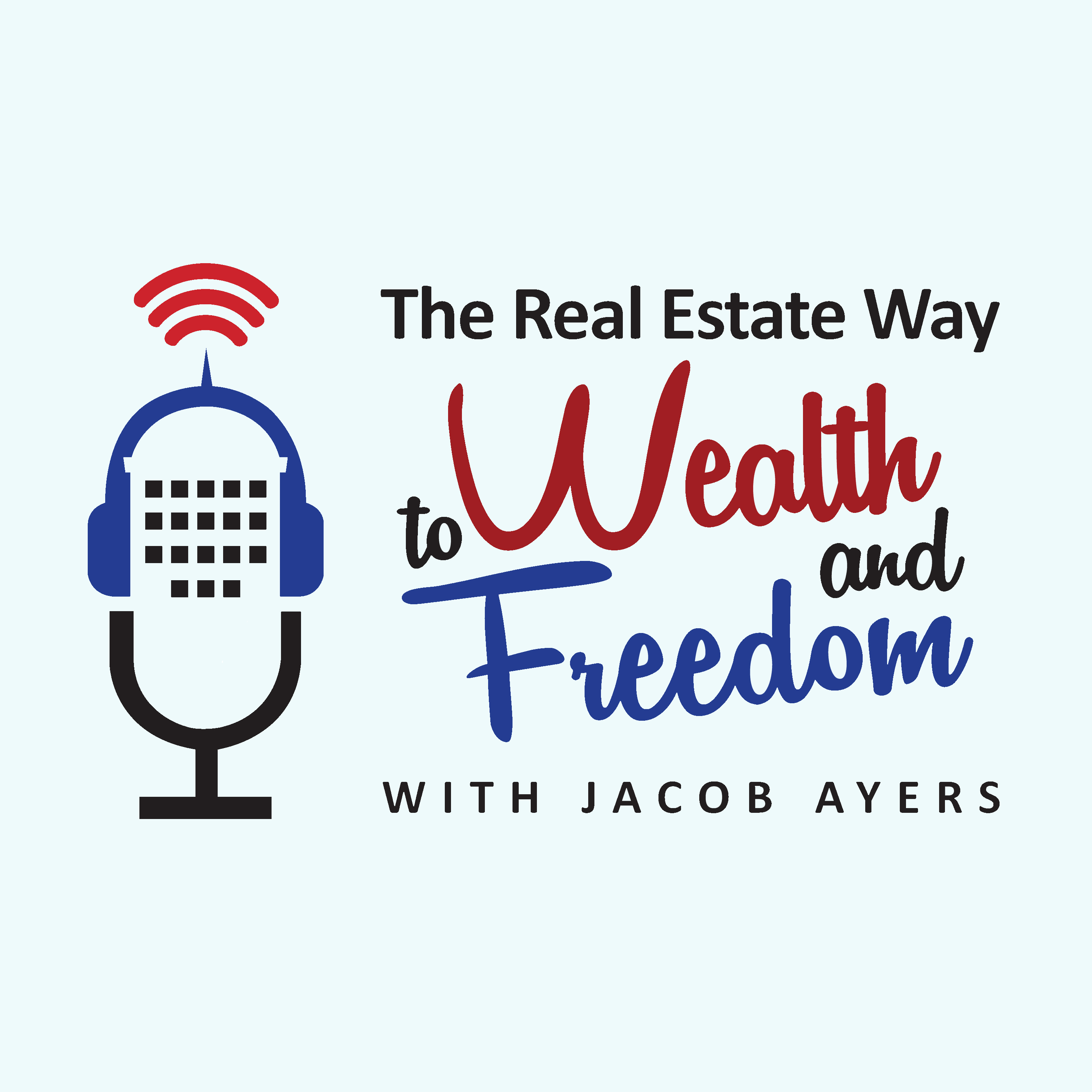162: Passive Income with Jacob Ayers

b"There are so many ways you can invest in real estate from wholesaling, to fix and flip, buy and hold rentals, raw land, note investing, private lending, syndication, raising private capital, house hacking, etc., the list goes on and on.
\\n
\\nWith each of these different approaches, the same term gets used a lot, even misused. That term is passive income. The truth is, no investment is truly passive. Some investments are more passive than others, but none are truly passive. At the very least you have to vet deals, build systems and process, and manage those systems and processes. When first starting out investing in real estate, you'll likely self manage your property, which requires you to find, screen, and place tenants, manage maintenance requests, pay the bills, keep accounting records, manage insurance policies, handle leases, etc. This is by no means a passive approach. But it is an approach many people find themselves doing with illusions it is passive. Sure, at times it can be relatively smooth sailing. But at other times it can feel as if the wheels are falling off the wagon. I know, because this is where I got my start investing in real estate. There have been a lot of peaks and valleys.
\\n
\\nSo what is one to do it they want a truly passive investment? Well, as far as I know there is no such thing. Here's why I say that. Let's say you have a large sum of money you want to invest of $1,000,000. First you consider traditional asset classes, like stocks, bonds, and mutual funds. You're probably going to enlist the help of a money manager. Well now you need to research that manager and firm. Already your investment is not so passive. Then you need to meet or talk with that manager periodically to review your portfolio, make adjustments, etc. You'll likely find yourself watching the news, keeping up with the market, and searching for that next big opportunity. You'll concern yourself with which companies are expected to beat earnings, which are going to increase or cut dividends, etc. Next thing you know you can't go a day without worrying about the market. And the worst part is, that's all you can do is worry. You cannot control the details of any vehicle you invest in.
\\n
\\nSo next you consider investing your $1,000,000 in real estate. As we discussed, there are numerous ways to do so. You could buy quite a few single family homes. You would need to research, interview, and vet a qualified property manager. Then you would have to manage that property manager, review monthly income & expense statements, and navigate through all those other things we talked about. This approach isn't so passive, you come to find out. You decide that instead you're going to loan money for real estate projects. You have to vet the borrower, understand and vet the project, have the contract drawn up by an experienced attorney, and then hope the project is successful and you are repaid your money with interest. This is a bit more passive, but not entirely. With this less involved approach, you lose out on a lot of those benefits of real estate, like the power of leverage, depreciation, principal pay down, etc.
\\n
\\nThe moral of this story is investing money requires at least some level of due diligence and active involvement. Nothing is truly passive. If you are going to invest your money over time, then you should pick the best investment vehicle and strategy that fits your goals. If you want to be very hands-on, then perhaps building a business is the best approach. You're investing both your time and money by doing so, and hopefully one day you can automate that business and step away from it. If you want to be as hands-off as possible, then partnering with someone else or a group of people is probably the best option. But remember our private money lending scenario, where you are less involved, but also less rewarded.
\\n
\\nSo what is one to do?"